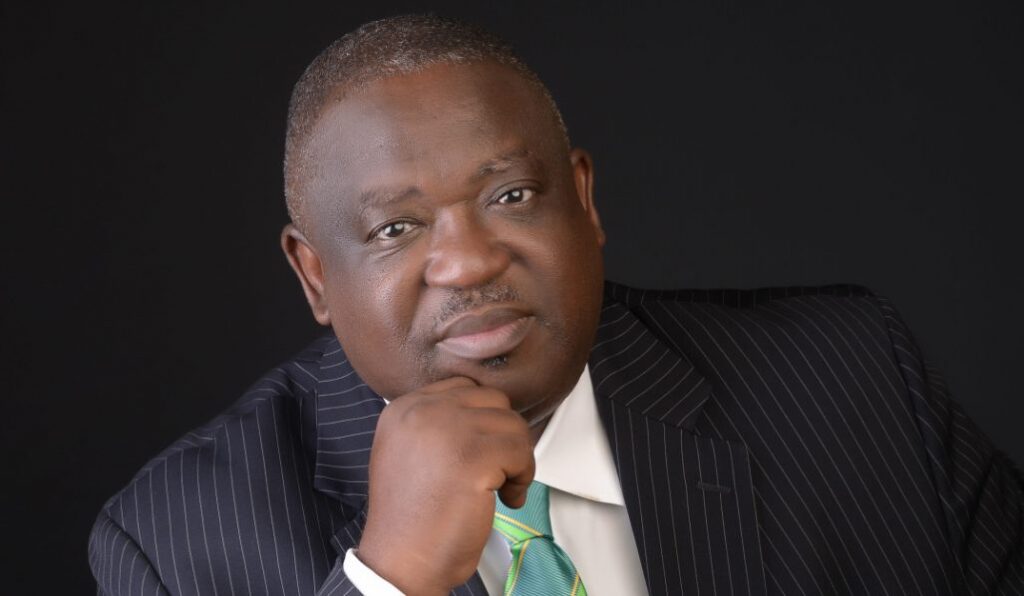
Down Syndrome Foundation has called for more attention in mitigating factors stifling the survival, inclusion and development of children with Down Syndrome in Nigeria.
The foundation made the call in commemoration of the World Down Syndrome Day, marked yearly on March 21 globally, to highlight the peculiar challenges faced by people with Down Syndrome and how government and the society could help to assuage their plight.
Down Syndrome (or Trisomy 21), is a congenital chromosomal disorder, in which a person has an extra chromosome, a condition mostly responsible for development and learning disabilities. People with Down Syndrome are also impacted by diverse medical conditions too, including internal organ defects.
The theme of this year’s event is “#End the stereotypes.”
Speaking, the Foundation Director of Programmes, Olawale Olaoluwa, identified stereotyping, misleading narratives, unfair cultural and religious prejudices and increasing lack of healthcare and education resources as factors stifling the survival, inclusion and development of children with Down Syndrome in Nigeria.
According to Olaoluwa, many people in Nigeria still believe that children with disabilities are possessed by evil spirits or demons and such other misleading narratives that expose them to cruel treatments, dehumanisation and stigmatisation.
He lamented that sometimes, children with special needs are tragically allowed to die, due to circumstances that are interwoven in lack of access to healthcare, cultural/religious prejudices, ignorance and incapacitating economic conditions of many indigent parents.
Olaoluwa said: “There is a need to end the stereotypes against people with Down Syndrome in Nigeria, especially children, who he said are often rejected in schools or treated cruelly in the society, on account of their conditions, largely as a result of misinformation or perceptions rooted in both cultural or social prejudices.’’
“In some cases, children with Down Syndrome and other special needs are made to pay extra fees, much higher than those paid by their peers in the same class, just for them to have access to education, in violation of the law against discrimination.
“Children with Down Syndrome, just like other children with disabilities, face harrowing experiences in society. Many people treat them as if their condition is a disease or contagious. But science has proven that it’s not.
“Even public transportation operators treat people with disabilities with disdain.
“It is always heartbreaking, especially for parents of such children with special needs, when some schools reject them because of the erroneous perception that they are either unteachable or that accepting them in a mainstream school would offend some parents of other children, who wouldn’t want their children to associate with children with such disability.
“It is also very insensitive and inappropriate for people to refer to children with Down Syndrome, as imbecile, daft, retard or other such inappropriate and denigrating names, that hurt their human dignity and self-esteem.”
According to Olaoluwa, with the right resources, early intervention in education and the right social development plan, children with Down Syndrome can learn, develop and improve on their cognitive, emotional and social skills like any other children, even though it might not be at the same pace.
He added that denying them access to education or not paying proper attention to their peculiar educational and social needs, amounts to denial of their fundamental human rights.
It is, he said, the responsibility of society and government at all levels to provide the right environment that would protect the interest and well-being of these vulnerable children and stop the disturbing lack of access to adequate education and healthcare resources, lingering discrimination and stigmatisation, and other disabilities, which is a violation of the Discrimination Against Persons with Disabilities (Prohibition) Act, 2018.












